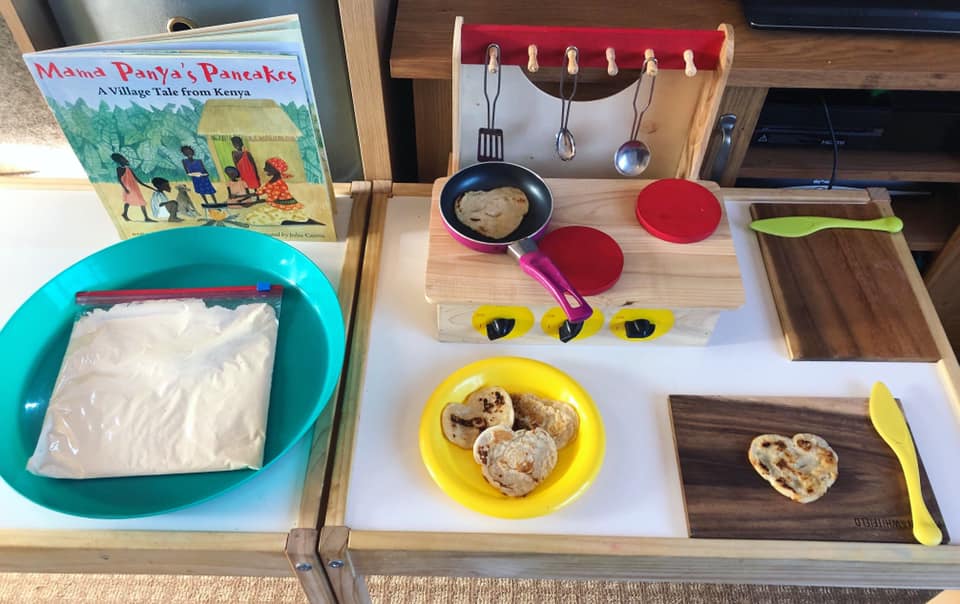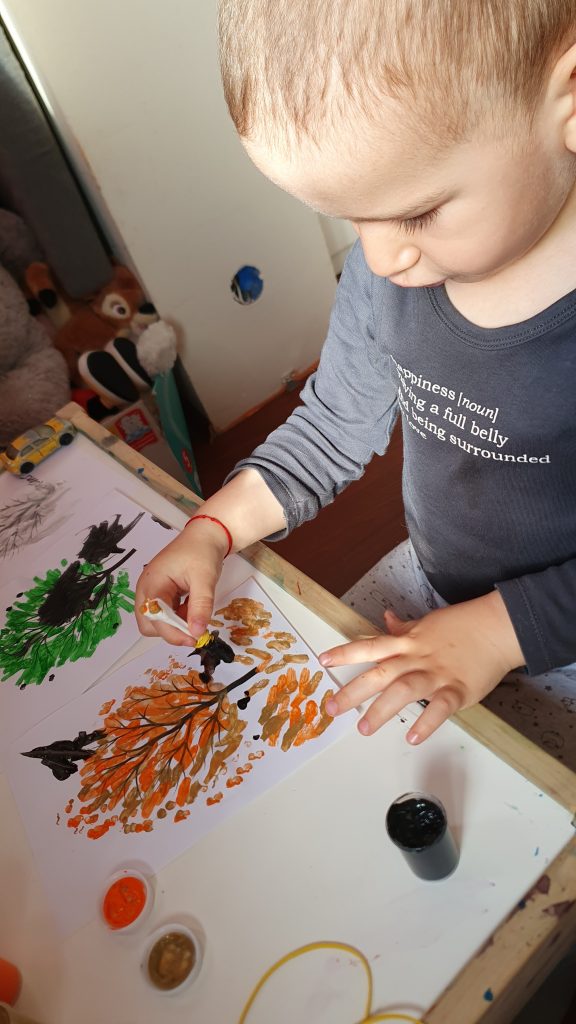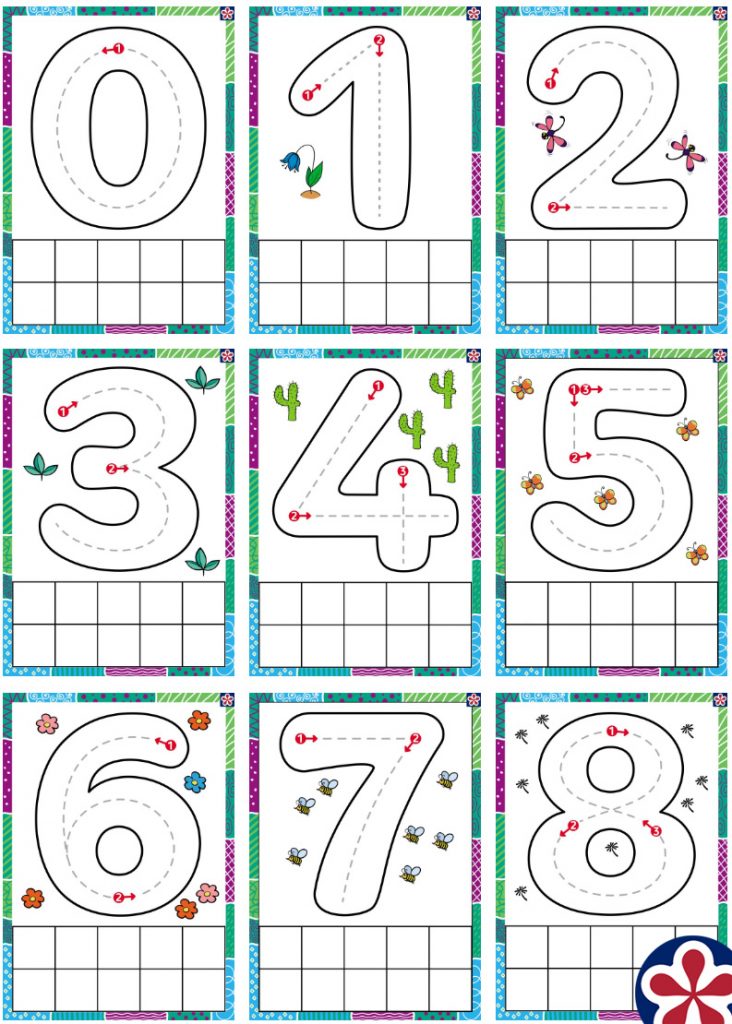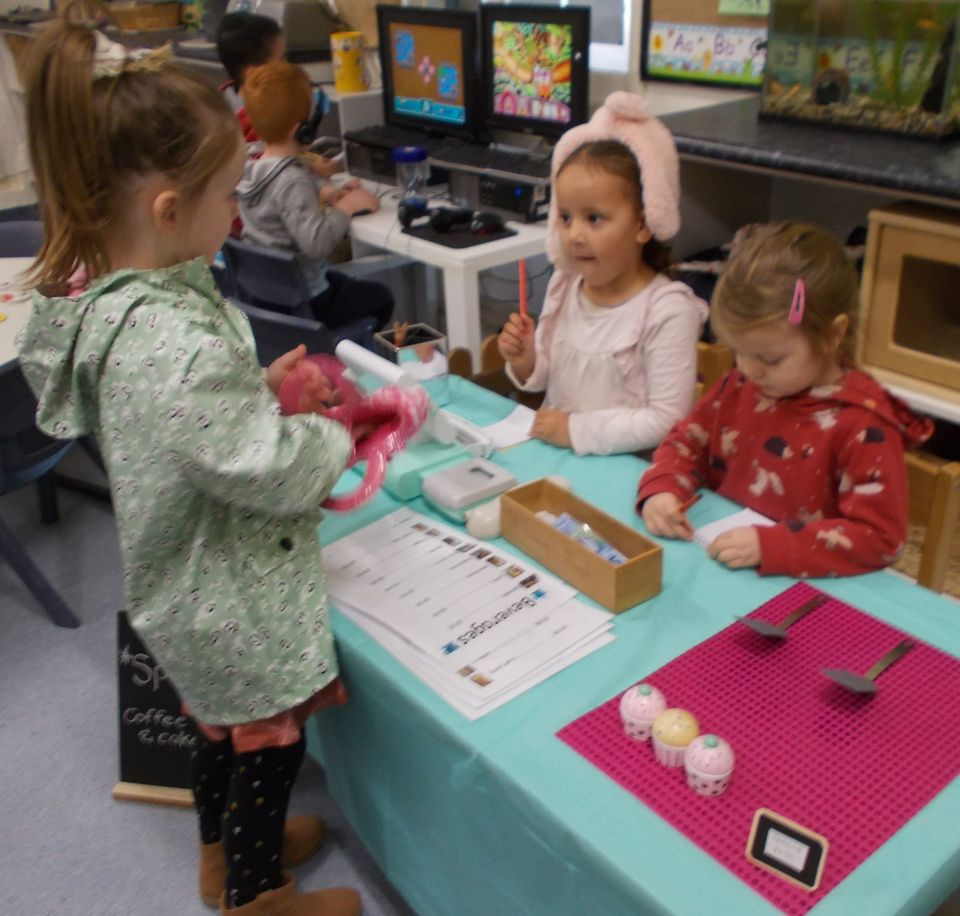Rosca Mihaela Cristina
The importance of play in preschool
Childhood is a happy world in its very essence. Later happiness is based on childhood happiness. A happy man is a fulfilled man, he is a man who has found his way in life. In order to guide the steps of a child on the path of becoming his own educational personality, and in general the adults, who are responsible for this, must take into account the fact that play is the primary concern of childhood. This concern is a reason for research for different sciences: psychology, pedagogy, physiology, philosophy. So, not only the sciences of education investigate the importance and role of play in the life of the child and man in general. The life of the human species is in an evolution that depends on how adults help those in development to develop. And how could this be done other than keeping the world of childhood happy? In childhood, play and learning sometimes intertwine to the point of merging. The child is able to play when he is happy, but also when he is sad, he plays when he is healthy, but also when he is sick. He does not take a break from this activity so important for his age. He never gives up the game with pleasure, no matter how much he plays, he feels that he still wants and can. But the importance of the game in becoming a human personality is not limited to providing a pleasant framework for development but also provides an opportunity for cooperation without which learning would be much more difficult, if not impossible.
According to the theory of social constructivism, the development of the individual is constructed through social interaction (Lev Vygotsky). This interaction, in the case of children, involves activity with others, children or adults, and the optimal framework for this cooperation is play. Modern pedagogy, based on cooperative learning has as starting points and aspects of the theory of social constructivism, especially by accepting the term introduced by it as "area of forthcoming development".
Also according to the theory mentioned above, each higher psychic function appears twice during the child's development: first in an activity that involves cooperation with adults (who have a leadership role) and then as an individual, inner activity. And the most eloquent example in this regard is that of language, considered by Vygotsky a "psychological tool" that allows people to shape their own actions. In the conception of the psychologist mentioned above, thinking cannot exist without language. Language, as a semiotic tool of great importance in cognitive development, first appears as a means of communication in the child's entourage and only then transforms into internalized language, passing through the stage of egocentric language.
Starting from the above, it is observed that the surrounding world is discovered by children through play, an activity that, under the guise of entertainment, can acquire the value of serious work, through which children acquire life experiences necessary for their own development. The didactic game is a form of organized instructive-educational game, responsible for the transmission of some competencies. Pedagogy, as a science of education, raises the issue of valuing the formative valences of the game, which it transforms into a way of education. Thus, we can consider the issue of the game as one of the most important in the preoccupations of the education sciences, always current and always opening new questions.








 Rosca Mihaela Cristina
Rosca Mihaela Cristina

